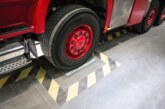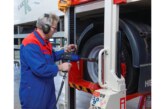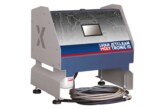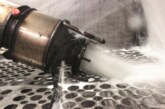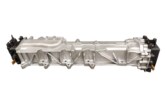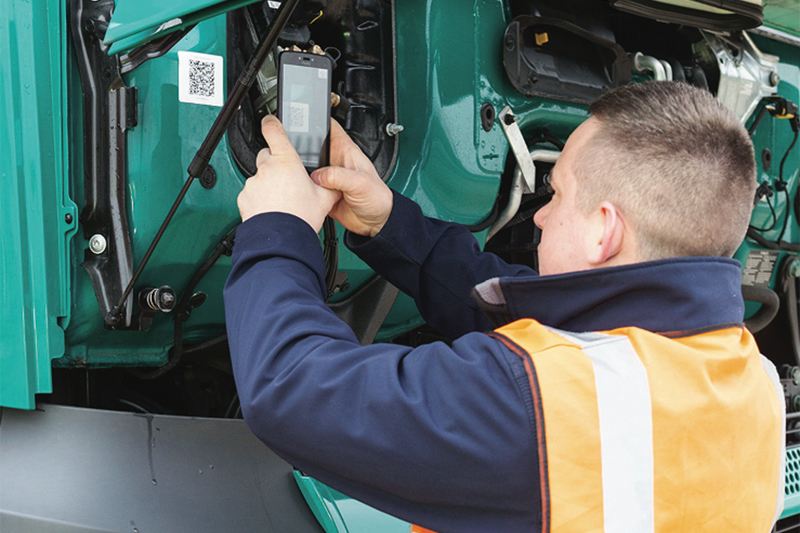
Earned Recognition might be the best-kept secret in the road transport industry. Truckfile reveals all.
The DVSA scheme has been around since 2018, when Earned Recognition was launched in pilot form, but still only 79 vehicle fleet operators across the UK have signed up. There are some good reasons for this: in the two years since the project’s introduction, the transport sector – and wider business community – have had to deal with the upheaval caused by Brexit, successive General Elections, and, most recently, the global COVID-19 pandemic.
The first and last of these are still sources of some uncertainty, of course, but there are tangible incentives for fleets to join the Earned Recognition programme. Since day one, it has been the case that vehicles covered by the scheme are subject to fewer roadside checks – inspectors already have the evidence that the trucks are fully compliant, so there is simply no need.
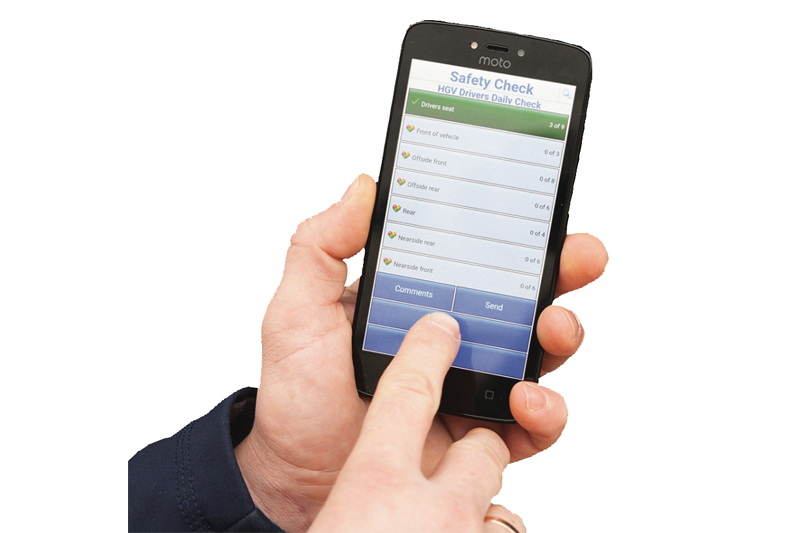
Now, there’s an added bonus. DVSA has announced a 12-month exemption from MOT testing requirements for some fleets, in an attempt to keep a lid on demand at Authorised Testing Facilities (ATFs). After all, they will have to deal with an ever-increasing backlog as the country continues to emerge from COVID-19 lockdown restrictions.
Amongst the operators to benefit is Staples Vegetables. Staples was the first truck fleet to join the Earned Recognition scheme, with the help of IT provider Truckfile. The use of an approved supplier of computer technology to harvest, manage, and transmit the required data is key to attaining Earned Recognition.
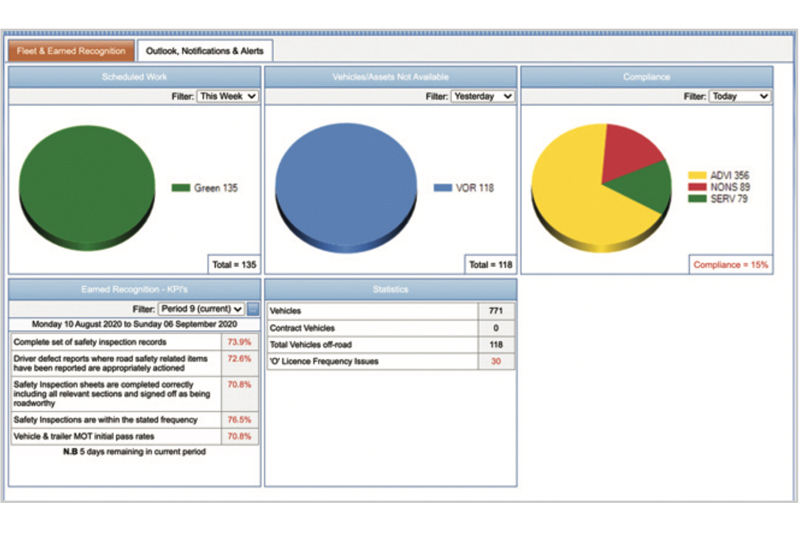
Truckfile has worked with Staples since 2016. Transport Manager Dave Baker explains: “We take compliance very seriously and will always avail ourselves of any opportunity to demonstrate that we operate responsibly. Reducing the number of roadside checks on our trucks is welcome, but our main motivation is to stay abreast of what we see as an important new development.”
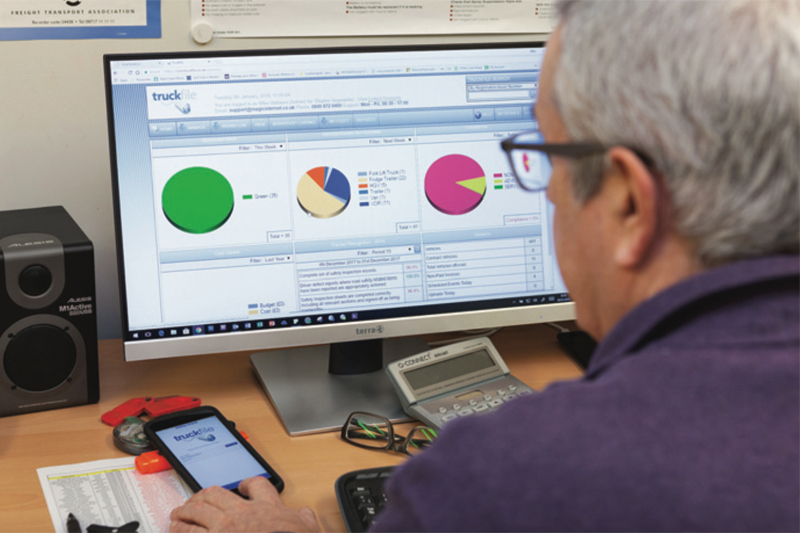
Staples’ aim is to reap the benefits of Earned Recognition without adding onerous extra layers of administration to its business. With help from the Truckfile team, the operator has made the necessary transition to electronic record-keeping smoothly and efficiently. Staples’ Actros tractor units were supplied by Mercedes-Benz Trucks dealer Intercounty Truck & Van, and they are maintained in its Boston workshop. Intercounty, like all the German manufacturer’s dealers, utilises Truckfile to create, update, and store all maintenance records.
Therefore, setting up a software system to send the relevant information to DVSA was a simple and painless process. Inspectors are given regular, comprehensive updates showing only what they need and, because the information is all stored electronically rather than on paper, they can view these remotely.
“We’ve received tremendous support from the team at Truckfile,” says Dave Baker. “We now use the system to maintain service records of our trailers and our extensive line-up of vans, forklifts, and plant too – in total that’s around 600 pieces of equipment. Compared to the headache of compiling and storing paper records, it’s been a revelation in terms of both ease and efficiency.
“Truckfile has become just like any other tool we use on a daily basis to keep our operation running smoothly. It does the job we ask it to, and has made itself an indispensable part of our business.”
What is Earned Recognition?
The DVSA scheme relies on operators installing a system that will monitor their compliance against a set of key performance indicators (KPIs). Crucially, any exceptions can be viewed and addressed by the operator before a KPI notification is sent to DVSA. And, because the reports can be checked by the Agency online, there’s less need to stop trucks for roadside checks.
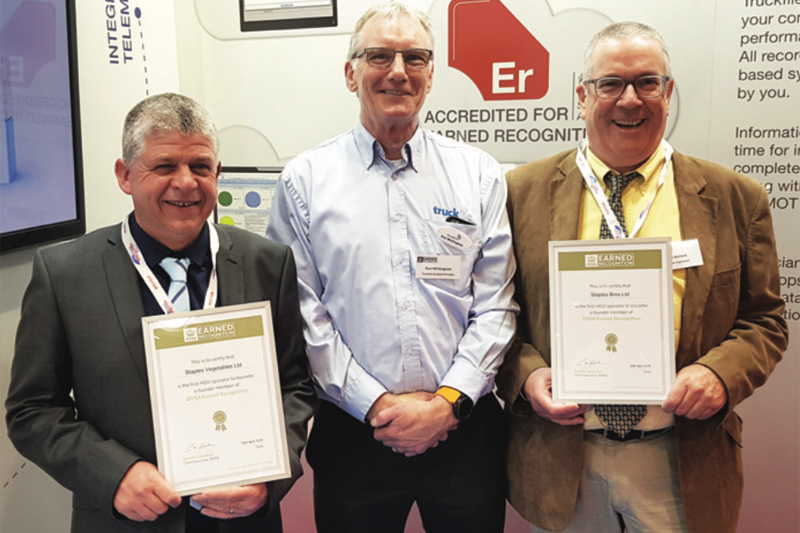
Approved providers of digitised compliance systems typically use Internet- based recording which makes easy work of supplying the required information to DVSA, to meet the terms of the scheme. The advantages of using a good computerised system go further, however.
For workshops, going digital means there is no longer any need to fill in and store paper forms. All maintenance records are updated and stored automatically, with complete security. Technicians use hand- held tablets – or, in the latest development, cutting-edge voice recognition equipment – to check off repair jobs and inspections as they are completed. Recording is quicker, easier, and more fool-proof than ever before.
For fleet operators, all documents relating to any individual vehicle, its compliance status, and related maintenance data are available on-screen at the click of a button. Soiled, damaged, or missing paperwork becomes a thing of the past.
Crucial for any business looking to install a new IT system, though, is the ability to do so with the minimum of disruption. Professional suppliers will ensure expert help is on hand to support new customers throughout the implementation. Universally, firms making the digital leap report that their lives have been made far easier, rather than more complex, by using the system.

